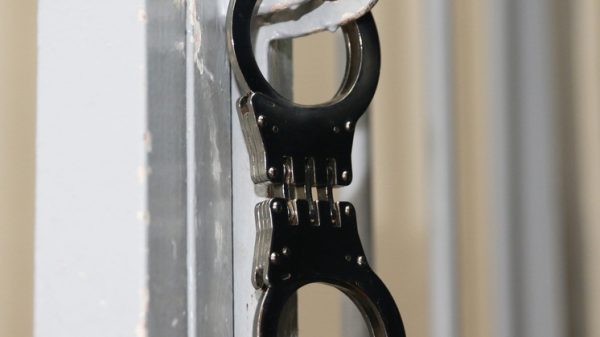 Breal Capital's rapid expansion into the brewing industry has taken many observers by surprise. Photo: Brick Brewery
Breal Capital's rapid expansion into the brewing industry has taken many observers by surprise. Photo: Brick Brewery
For many beer lovers, 2023 has been a good year. It has been a depressing year.
Faced with rising inflation and falling demand during a cost-of-living crisis, many small breweries have gone bankrupt. According to Mazars, in the year before March 45, the company went into liquidation, with dozens of others invading administration.
“To say that the current trading environment is difficult is to understate it,” says the founder of one brewery , which managed to stay afloat.
But, as the saying goes, never let a crisis go to waste.
Amid turmoil, a little-known private equity firm took advantage of the bankruptcy to start building an empire out of bankrupt beer businesses.
London-based Breal Capital first made its presence known in the beer industry when the company bought the bankrupt Yorkshire brewery Black Sheep Brewery.
Breal reportedly paid £5m for the company, saving some 140 jobs but leaving many creditors without funds.
 Bought by Breal collapsed Yorkshire brewery Black Sheep Brewery stepped out of administration in May. Photo: Black Sheep Brewery
Bought by Breal collapsed Yorkshire brewery Black Sheep Brewery stepped out of administration in May. Photo: Black Sheep Brewery
Two more deals followed in the summer, one after the other: Bril acquired London-based craft breweries Brick and Brew By Numbers.
Breal beat competition from well-known brewers for both products. It also bought the wine bar chain Vinoteca in August, saving 150 jobs.
The investment company's rapid expansion into the brewing industry took many observers by surprise, not least because of the company's past.
Breal is run by financier Brent Osborne, 62, and Alan McLaren, 71, who founded the company in 2013. The company is located in Cavendish Square in London's Marylebone, within walking distance of the city's hedge fund and Mayfair private equity hub.
The investment firm's foray into brewing is a departure from its roots. Reports indicate that his main concern is steel, and he invests in a number of steel companies, including Pulman & Son from West Yorkshire. Bril also for a time owned the largest wool spinner in the UK, also based in the region.
Steel has benefited the company. Breal posted a profit of £12.5m on sales of £142.5m in 2021, according to the company's latest reports.
The brewing incursion came after Neil Gostelow, a former Partner at KPMG, joined Breal as Chief Investment Officer. last September.
In August, Gostelov told The Times that he believes there is still «real potential» for craft beer despite a series of bankruptcies, and said that Breal plans to continue expanding its presence in the beverage industry.
The representative of Breal spoke about this. a trio of brewers as a «brewing family» around the time the Brew By Numbers deal closed.
 Breal beat the competition in a tender for the already existing Brick Brewery. Photo: Brick Brewery
Breal beat the competition in a tender for the already existing Brick Brewery. Photo: Brick Brewery
Beer industry consultant Bill Simmons says, «If you want to invest and gain a foothold in the industry, now is the best time to do so.» . You buy for very little money.
«What [Brial] does is carefully select those businesses that, when the situation starts to normalize a bit, they can take over.»
Historically private equity firms have not had a large presence in the beer industry. Investors are put off by low profits and the difficulty of selling these businesses.
Small brewers, meanwhile, generally prefer crowdfunding and angel investors to private equity, as these sources of funding give brewers a greater degree of independence. and control.
“I think [breweries] are a bit intimidated by private investment,” says Simmons.
However, as funding dries up, many are forced to be bold and turn to private investment . capital.
«We get approached three to four times a week about other opportunities, but we're very selective,» Gostelow told The Times.
For Breal, acquiring a portfolio of brewers could provide economies of scale.< /p>
“When times are good, they are good,” says the brewery founder. “But in hard times, it quickly becomes apparent that actually trying to brew 14 different beers in a not-so-efficient brewery where your routes to market are limited is not the best thing in the world.”
Simmons says : “I still see more problems in the craft beer market. More people will get hurt. And I unfortunately still see that… more and more brewers are struggling to stay in business.”
Brial is betting that while smaller brewers may be struggling with more With high interest rates, low demand and rising costs, Britain's passion for craft beer has not vanished.
Andy Slie, chief executive of the Society of Independent Brewers, says: «While the sector has its challenges, the passion for independent beer still exists.”
The Telegraph reached out to Breal Capital for comment.

























































Свежие комментарии